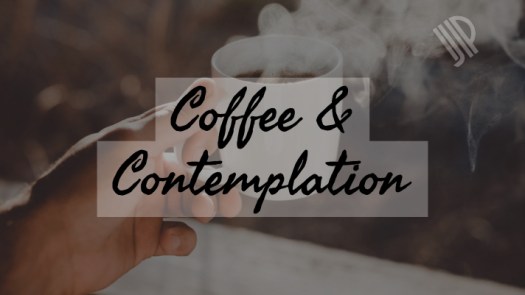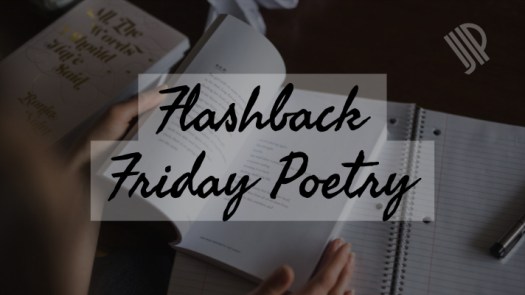
As the whole pandemic situation calms down in the United States, many places have reopened their services. I recently went back to work but with limited hours. I’m thankful to return to work but I fear I won’t be able to make enough money to support myself. This is nothing compared to the millions of people who are unemployed due to Covid-19. But I still worry because I could only get part-time work and many of my other gigs were in events and entertainment. To my knowledge, events and gatherings are still canceled.
So, with this return to work, I have also cut back to only my essential expenses. I have rent, the electric bill, the phone bill, groceries, and a reduced student loan payment. That’s all. Some good things about returning to work include getting cash tips to use for the laundromat, getting out of the house now and then, and walking to work gets me my daily exercise. But with part-time work, it’s only enough to cover my expenses with not much left over. At least I have a job when so many don’t.
I do continue applying for jobs hoping to get something full-time. Full-time work would allow me to live easy. The downside is I would not have as much free time for writing. I’m about two-thirds complete writing the first draft of a novel and I have two more novel ideas in line. I also have a short story collection and a couple poetry collections in the works. And then there are the posts for this blog. If I could afford it, I would write full-time. That, however, doesn’t pay the bills. Once I finish my first novel and edit it to something I like, I’ll submit to literary agents and try for a publishing deal. Fingers crossed.



